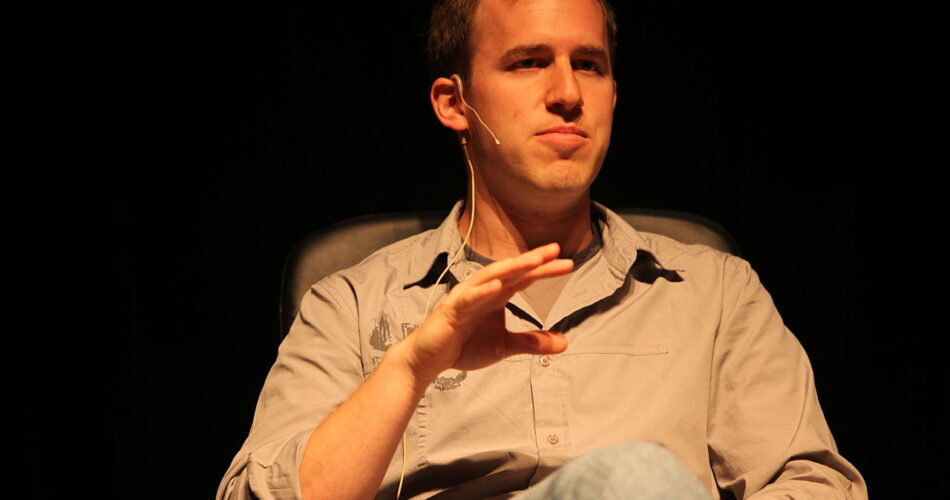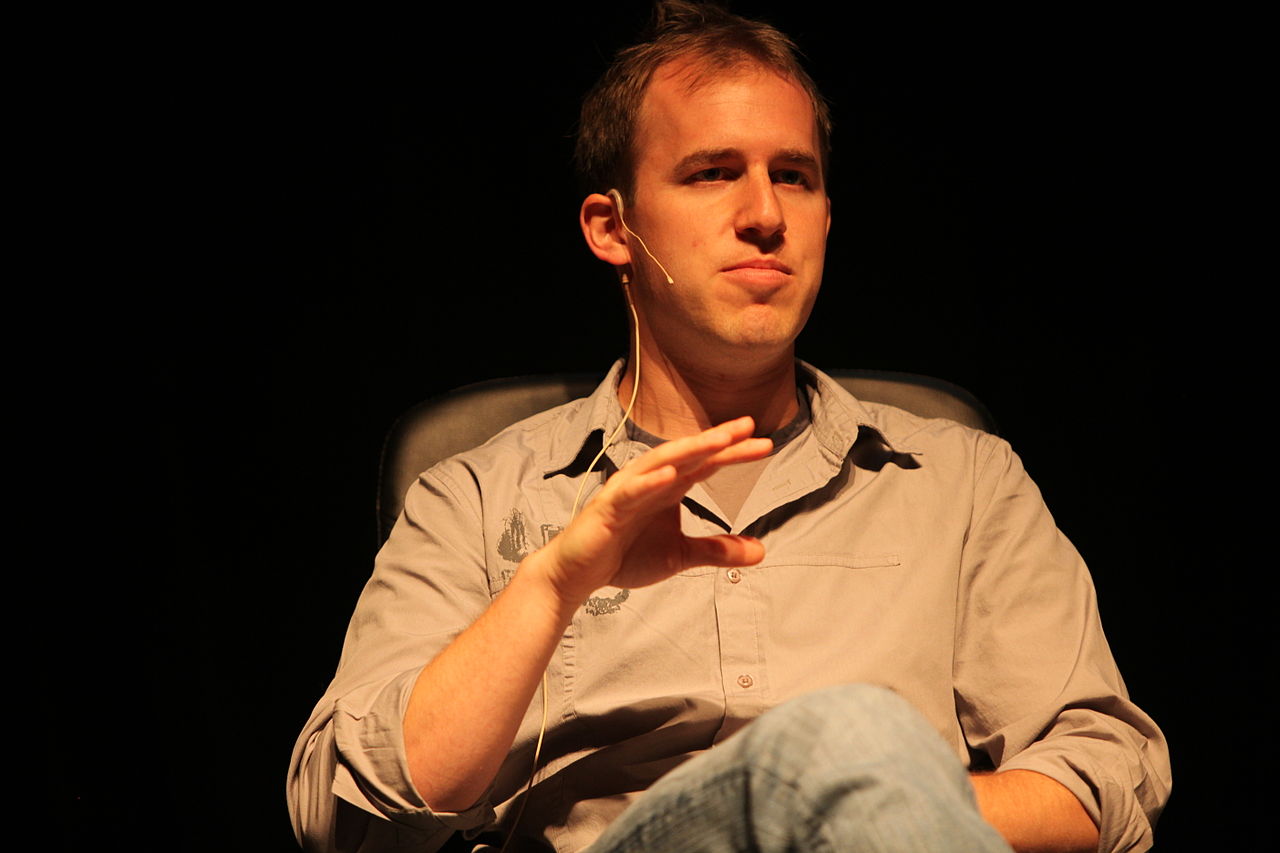Bret Taylor is stepping down as a co-chief executive officer of Salesforce Inc. in January to return to his entrepreneurial roots, a year after he was appointed to the role.
Investors had assumed that Taylor’s appointment to the role last year was the beginning of a long tenure as co-CEO. “His departure raises questions about why he’s leaving and how operational leadership will be divided and delegated,” Steve Koenig, managing director at SMBC Nikko Securities, told Reuters.
Starting his career as a product manager at Google LLC, Taylor first came to prominence as the founder of FriendFeed, a feed aggregator and social network that was acquired by Meta Platofrms Inc. in 2009 and then shut down in 2015. Post Friendfeed acquisition, Taylor held the position of chief technology officer at Meta, then known as Facebook Inc., before leaving in 2012 to start a productivity startup called Quip.
Quip was acquired by Salesforce for $750 million in 2016, when Taylor was named Salesforce’s president and chief product officer. Taylor was promoted to the position of the chief operating officer while keeping his position of president in 2019 before eventually rising to the position of co-CEO.
As noted when he took the co-CEO position last year, Taylor has a reputation as being one of the nicest founders in tech. He earned a reputation during his time at FriendFeed as being open, friendly and even at times humble, a rare quality in a market that is often dominated by big egos and bluster.
While Taylor’s resignation as co-CEO of Salesforce comes as a surprise, Taylor wanting to return to the world of startups is not. Taylor is a successful serial entrepreneur; if he has a new startup in mind, it will be one to watch.
With Taylor leaving the company, Salesforce founder Marc Benioff will become the sole CEO and chair of the company.
“It’s bittersweet that Bret has decided to step down as my co-CEO,” Benioff said in a statement. “He made his mark on Salesforce as an incredible technologist, leader and friend to us all. Bret founded two incredible companies so it’s understandable why he wants to return to his entrepreneurial roots. I’m excited to see his next chapter unfold, as I’ll always be his biggest champion and he’ll always be part of the Salesforce ‘Ohana.”
While Taylor’s resignation led the headlines, Salesforce delivered an earnings beat in its fiscal third-quarter earnings report.
For the quarter that ended Oct. 31, Salesforce reported earnings before costs such as stock compensation of $1.40 a share on revenue of $7.84 billion, up 14% year-over-year. Analysts had been expecting earnings of $1.21 a share and revenue of $7.82 billion.
“Our customers are tapping into the power of Customer 360 to gain faster time to value and reduce costs,” Taylor said. “We continued to drive profitable growth in the quarter, and we are closing more transformational deals and multicloud expansions.”
For the quarter ahead, Salesforce predicts adjusted earnings of $1.35 to $1.37 a share on revenue of $7.932 billion to $8.032 billion. Analysts had expected $1.34 and $8.03 billion.
While the revenue outlook was lower at the midpoint than predicted, the announcement of Taylor’s departure was front and center for investors, and Salesforce shares were down almost 7% in late trading.
Photo: Brian Solis/Wikimedia Commons
Show your support for our mission by joining our Cube Club and Cube Event Community of experts. Join the community that includes Amazon Web Services and Amazon.com CEO Andy Jassy, Dell Technologies founder and CEO Michael Dell, Intel CEO Pat Gelsinger and many more luminaries and experts.
Source link




